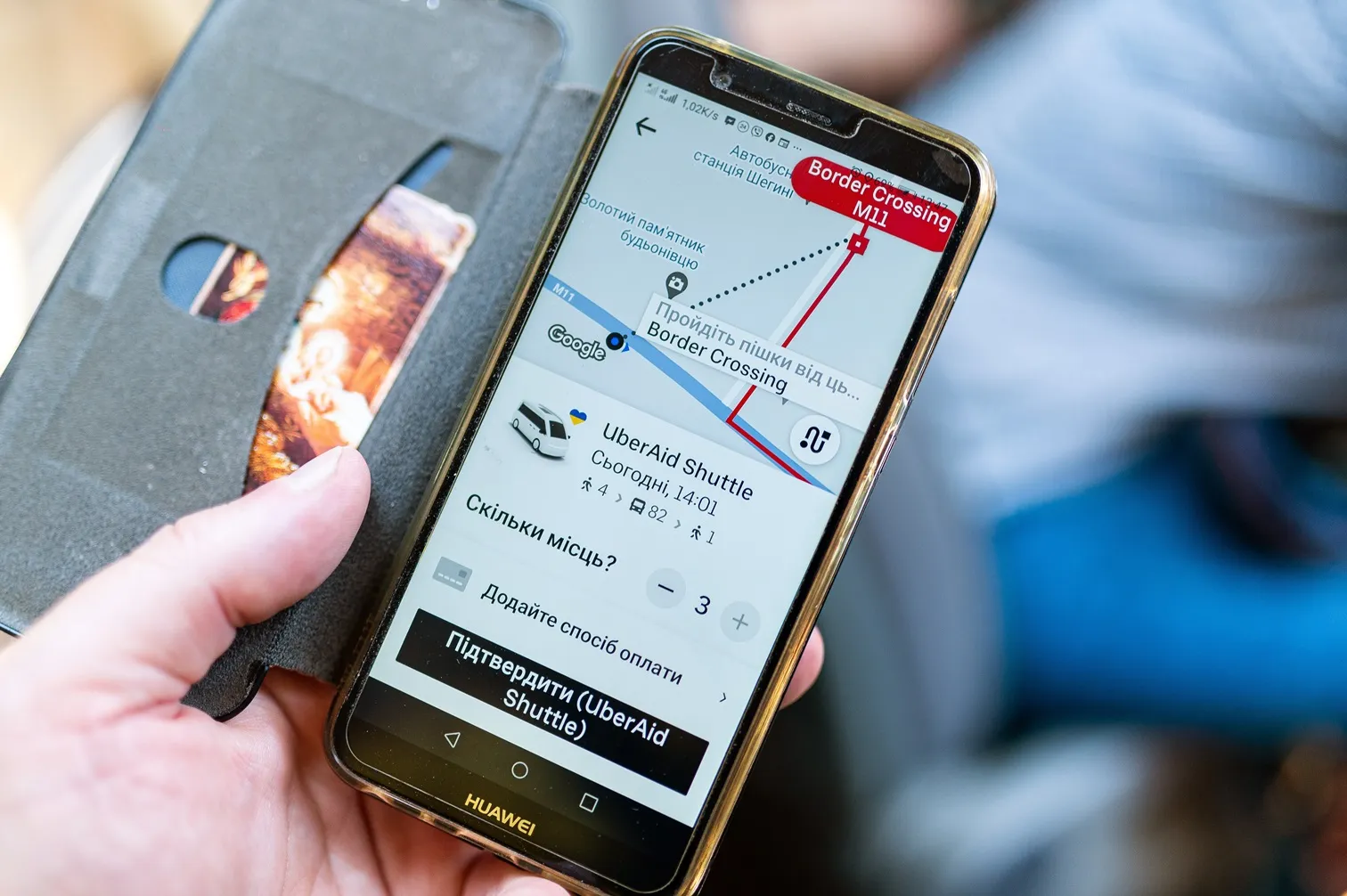It's long been the case that policy should drive technology and not the other way round.
February 27, 2012
Read time: 3 mins

It's long been the case that policy should drive technology and not the other way round. Okay, that's an ideal but whilst technological developments are taking us away from the need to think and operate in vertical market segments, it seems that strategic thinking has failed to keep pace. That wouldn't be such a problem were the implications not so serious - potentially life-threatening, in fact.
Earlier this year, the European Data Protection Supervisor adopted an opinion on the1690 European Commission's proposed deployment plan for ITS. While he conceded that data protection had been taken into consideration in the proposed legal framework, he felt that the proposal was too broad and too general to adequately address the privacy and data protection concerns raised by ITS deployment in the 1816 European Union member states. Further harmonisation of data protection issues is apparently necessary "so that the many benefits offered by [ITS] systems are not hampered by a lack of compliance with essential safeguards for data protection".
A colleague of mine, at his succinct best, put it thus: "So there you are, lying incapacitated in a pool of blood because your car has skidded off a road into a field in the dead of night. You're miles from anywhere but we can't have your car tell anyone, not even the emergency services, because of some high-handed notions about privacy."
Quite.
Electronic databases are present throughout our lives. My bank, local authority and utility companies all hold personal information, financial and general, that I (like many others) wouldn't be too happy to see shared too widely. CCTV continues to extend its reach, our electronic transactions can be used to build a very accurate picture of our spending habits - there's a lot of information already out there if you know where to look. Perhaps it's the knowing that's the key.
Here, we have a senior public figure stating that privacy is a technological issue. And yet I can think of quite a number of occasions in recent years where I've seen or heard a senior politician or industry figure pronounce, at the unveiling or inauguration of some national scheme or other, that all the necessary hardware and software elements have been put in place and that privacy/data protection/whatever isn't a problem.
It's either one or the other. So which is it? Granted, standards may vary from country to country. But there are plenty of organisations in the ITS sphere of influence with a significant background in successfully handling confidential and personal data. There's a feature on charging and tolling in this issue, for instance; I'd suggest that the average tolling concession would react rather strongly to any suggestion that their electronic handling of customers' details is anything less than impeccable. Is it too long a stretch to hope for some cross-fertilisation here? Whether fairly or not, the ITS sector is often accused of silo thinking. To me, a silo is a structure in which grain is stored. Or, perhaps more pertinently, an underground structure in which a guided missile is stored ready for firing. Perhaps it's time for a few well-aimed shots at some of those who seem determined to remain rooted in the past.
Earlier this year, the European Data Protection Supervisor adopted an opinion on the
A colleague of mine, at his succinct best, put it thus: "So there you are, lying incapacitated in a pool of blood because your car has skidded off a road into a field in the dead of night. You're miles from anywhere but we can't have your car tell anyone, not even the emergency services, because of some high-handed notions about privacy."
Quite.
Electronic databases are present throughout our lives. My bank, local authority and utility companies all hold personal information, financial and general, that I (like many others) wouldn't be too happy to see shared too widely. CCTV continues to extend its reach, our electronic transactions can be used to build a very accurate picture of our spending habits - there's a lot of information already out there if you know where to look. Perhaps it's the knowing that's the key.
Here, we have a senior public figure stating that privacy is a technological issue. And yet I can think of quite a number of occasions in recent years where I've seen or heard a senior politician or industry figure pronounce, at the unveiling or inauguration of some national scheme or other, that all the necessary hardware and software elements have been put in place and that privacy/data protection/whatever isn't a problem.
It's either one or the other. So which is it? Granted, standards may vary from country to country. But there are plenty of organisations in the ITS sphere of influence with a significant background in successfully handling confidential and personal data. There's a feature on charging and tolling in this issue, for instance; I'd suggest that the average tolling concession would react rather strongly to any suggestion that their electronic handling of customers' details is anything less than impeccable. Is it too long a stretch to hope for some cross-fertilisation here? Whether fairly or not, the ITS sector is often accused of silo thinking. To me, a silo is a structure in which grain is stored. Or, perhaps more pertinently, an underground structure in which a guided missile is stored ready for firing. Perhaps it's time for a few well-aimed shots at some of those who seem determined to remain rooted in the past.










